Types of Sequences and Series: Key Concepts with Practical Examples
Sequences and series come in various types. Arithmetic sequences have a constant difference between terms, while geometric sequences have a constant ratio. Harmonic sequences involve the reciprocals of integers, while Fibonacci sequences add the previous two terms. Series, the sum of sequence terms, follow similar classifications: arithmetic series, geometric series, and harmonic series. Convergence is essential for infinite series, where convergent series reach a limit and divergent series do not, shaping applications in calculus and real-world modeling.
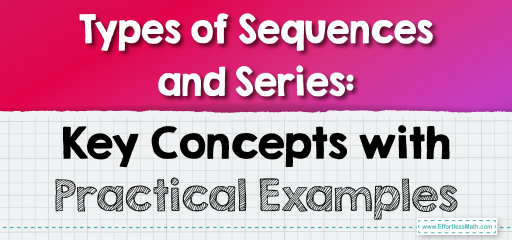
Here’s a summary of each type of sequence with examples:
- Arithmetic Sequence: Constant difference between terms.
Example: \(2, 5, 8, 11, \ldots\) (difference of \(3\). - Geometric Sequence: Constant ratio between terms.
Example: \(3, 6, 12, 24, \ldots\) ratio of \(2\). - Harmonic Sequence: Terms are reciprocals of positive integers.
Example: \(1, \frac{1}{2}, \frac{1}{3}, \frac{1}{4}, \ldots\) - Fibonacci Sequence: Each term is the sum of the two previous terms.
Example: \(0, 1, 1, 2, 3, 5, \ldots\) - Quadratic Sequence: Second differences between terms are constant.
Example: \(3, 7, 13, 21, \ldots\). First differences: \(4, 6, 8, \ldots\); Second differences: \(2, 2, \ldots\) - Arithmetic Series: Sum of an arithmetic sequence.
Example: \(2 + 5 + 8 + 11 + \ldots\) - Geometric Series: Sum of a geometric sequence.
Example: \(3 + 6 + 12 + 24 + \ldots\) - Harmonic Series: Sum of a harmonic sequence.
Example: \(1 + \frac{1}{2} + \frac{1}{3} + \frac{1}{4} + \ldots\)
Frequently Asked Questions
How do you divide fractions?
To divide fractions, simply multiply the first fraction by the reciprocal (inverse) of the second fraction. For instance, to divide 3/4 by 1/2, you would multiply 3/4 by 2/1 (the reciprocal of 1/2), resulting in 3/4 × 2/1 = 6/4 or 1 1/2 when simplified. This method is a fundamental concept in mathematics, akin to understanding sequences and series where manipulation of terms according to specific rules is crucial. Understanding these basics helps in tackling more complex mathematical problems, much like those involving arithmetic series and geometric series.
How do you add and subtract mixed fractions?
To add or subtract mixed fractions, first convert them into improper fractions. You do this by multiplying the whole number by the denominator of the fraction, then adding the numerator to the result. This sum becomes the new numerator, with the original denominator remaining the same. Once both mixed fractions are converted, you can easily add or subtract the improper fractions as usual, adjusting the denominators if they are not the same. Simplify the result, and if needed, convert it back to a mixed fraction. Understanding operations with fractions is fundamental in sequences and series, especially in cases involving series with fractional terms.
How do you add and subtract decimals?
Adding and subtracting decimals is a straightforward process that requires alignment and attention to detail. Start by writing the numbers one on top of the other, ensuring that the decimal points are directly lined up. This alignment is similar to ensuring the terms are in the correct sequence when working with sequences and series, where order and placement are crucial. For addition, simply add the numbers as you would whole numbers, moving from right to left; subtract in the same manner. Remember to place the decimal point in your answer directly below the other decimal points to maintain correct value placement. This method ensures accuracy in your calculations, much like maintaining consistency in the differences in an arithmetic sequence or the ratios in a geometric sequence.
Related to This Article
More math articles
- How to Find Similarity and Ratios? (+FREE Worksheet!)
- Online Math Tutoring Tools: The Top 5 tools
- How to Discovering Patterns: Using Graphs to Find Rules
- How to Find the Surface Area of Pyramid?
- Top 10 Tips to Create an ATI TEAS 7 Math Study Plan
- How to Master Polynomial Functions
- Full-Length 8th Grade MCAS Math Practice Test
- The Crucial Role of Mathematics in Engineering Education
- Best Strategies to Teach Math Effectively
- How to Divide Exponents? (+FREE Worksheet!)
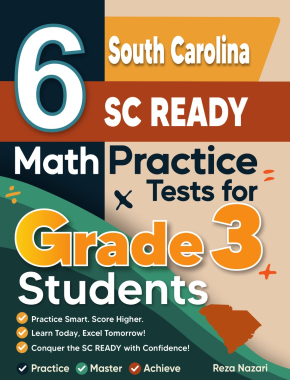
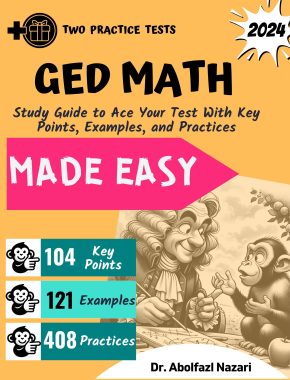
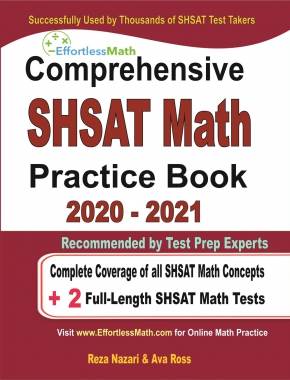
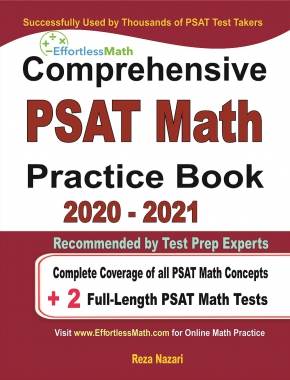
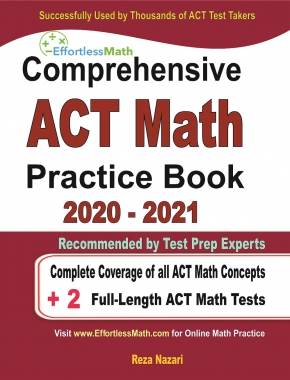
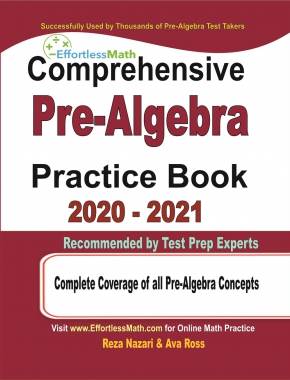
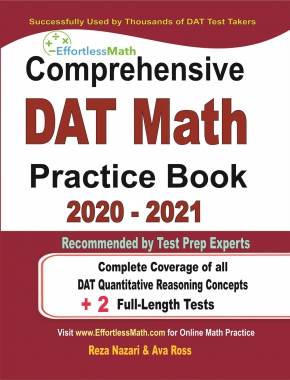
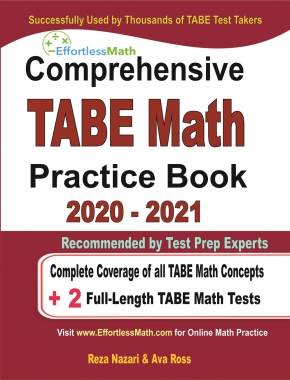
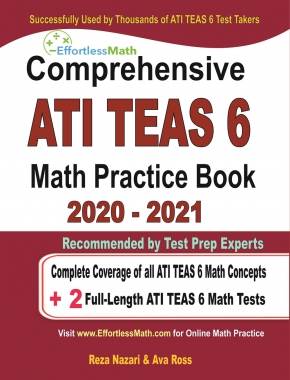
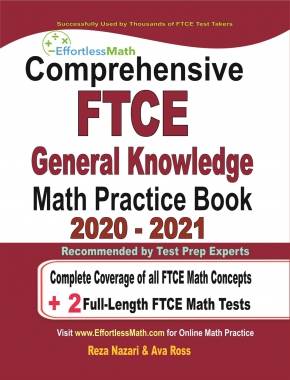
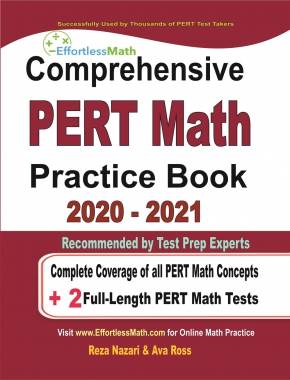
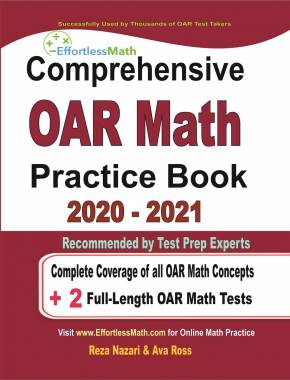
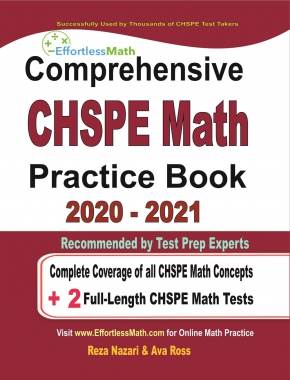

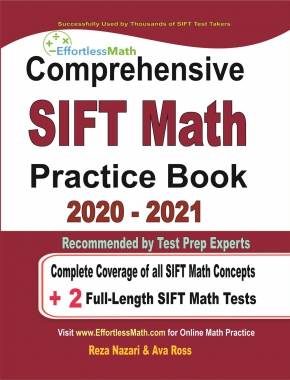
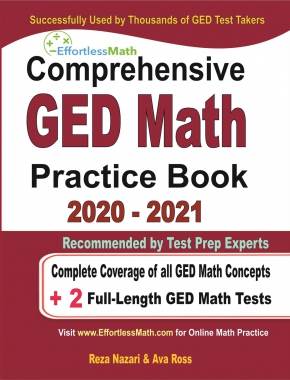






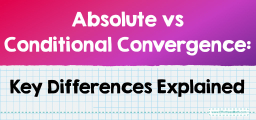
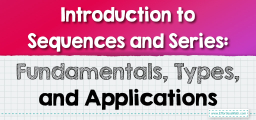
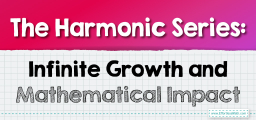


What people say about "Types of Sequences and Series: Key Concepts with Practical Examples - Effortless Math: We Help Students Learn to LOVE Mathematics"?
No one replied yet.